Understanding Grief: Navigating the Emotional Journey of Loss


Grief encompasses a range of emotions, thoughts, and physical sensations triggered by the death of a loved one or other significant losses. Understanding grief, its various stages, and coping strategies is essential for individuals and communities to navigate the grieving process with compassion and resilience.
Grief is the emotional, psychological, and physical response to loss. While commonly associated with the death of a loved one, grief can also result from other significant losses, such as divorce, loss of a job, relocation, or the end of a meaningful relationship. Grief is a deeply personal experience, and its expression varies widely from person to person.

It’s important to note that grief is not a linear process, and individuals may cycle through these stages in a non-linear or unpredictable manner. Additionally, not everyone will experience all stages, and the grieving process is highly individualized and influenced by many factors, including personality, cultural background, and the nature of the loss. There is no “one size fits all” approach to understanding or processing grief.
Although grief is unique to each individual, it is often described as occurring in stages. People may experience these stages in different sequences, revisit stages, or skip some stages altogether. These stages, as outlined by psychiatrist Elisabeth Kübler-Ross, include:

Initially, individuals may experience shock or disbelief, struggling to accept the reality of the loss.

As the reality of the loss sinks in, feelings of anger or resentment may arise, directed towards oneself, others, or even the deceased.

Individuals may engage in bargaining or seeking ways to reverse or mitigate the loss, often accompanied by feelings of guilt or regret.

A profound sense of sadness, emptiness, and despair may set in as individuals confront the full impact of the loss.

Over time, individuals begin to come to terms with the loss, finding a sense of peace and resolution while still experiencing moments of sadness or longing.
Grief can manifest through a variety of emotional, cognitive, physical, and behavioral symptoms, including:

While grief can be overwhelming, there are healthy ways to cope with the pain and adjust to life after loss. Some coping strategies may include:
Expressing emotions: Allow yourself to feel and express a range of emotions, whether through talking, writing, art, or other forms of self-expression.
Seeking support: Lean on friends, family, support groups, or mental health professionals for comfort, understanding, and guidance.
Practicing self-care: Take care of your physical and emotional needs by prioritizing rest, nutrition, exercise, and activities that bring you comfort and joy.
Honoring the deceased: Find meaningful ways to remember and celebrate the life of your loved one, such as creating a memorial, participating in rituals or traditions, or engaging in acts of service or charity in their honor.
Allowing time: Give yourself permission to grieve at your own pace and recognize that healing takes time. Be patient and compassionate with yourself as you navigate the ups and downs of the grieving process.
Grief manifests differently in children compared to adults due to their developmental stages and understanding of death. Here are some key ways in which grief can manifest in children:
Young Children (0-5 years): At this age, children have a limited understanding of death. They may see it as temporary or reversible, similar to a character in a cartoon. They may ask repeated questions about the deceased and expect them to return.
School-Age Children (6-12 years): They start to understand the permanence of death but may still have magical thinking, believing their thoughts or actions caused the death. They may also fear that other loved ones will die soon.
Adolescents (13-18 years): Adolescents have a more adult-like understanding of death but may struggle with intense emotions and existential questions. They might feel a strong sense of injustice or question the meaning of life and death.
Sadness and Crying: Children may express sadness through crying, though some may appear unusually stoic or unemotional.
Anger and Guilt: They might feel anger towards the deceased for leaving them or guilt, thinking they are somehow responsible for the death.
Fear and Anxiety: Increased fear of separation and anxiety about the safety of themselves and other loved ones are common.
Confusion: They may be confused about their feelings and how to express them appropriately.
Younger children often express their grief through play, reenacting scenes related to the death or showing their feelings through drawings and other creative activities.
Our services are holistic in nature and maintain the philosophy that one size does not fit all. Healing and growth look different for everyone. Clients have a menu of services to create an individualized recipe for wellness. Our services include:
Individual counseling:
Couples counseling:
(Please ask us about our reduced fees for provisionally licensed associates and interns.)
Intensives:
Group counseling:
We provide telehealth sessions that are compliant with HIPAA regulations, ensuring your privacy and security.
Additionally, we offer hybrid services, combining in-person and virtual sessions for your convenience.
We kindly request that you cancel your appointment at least 24 hours in advance. Less than 24 hours notice will incur a full session fee charge. Thank you for your understanding and cooperation in this matter.
If you are a new client, fill out the New Client Request Form. If you are an existing client, please reach out to us via the Client Portal.
Of course, you can always send us an email at info@thebravefight.com, or reach out via text or phone call at 817-381-6991.
We look forward to hearing from you and assisting with your needs.
We provide therapy services tailored to various populations, including first responders, veterans, LGBTQ+ individuals, and many others. Our inclusive approach ensures that everyone, regardless of background or identity, can access the support and care they need.
Yes. We have therapists who specialize in working with children and adolescents. These therapists are trained to provide age-appropriate therapy and support tailored to the unique needs of young individuals. Whether your child is struggling with behavioral issues, academic challenges, emotional difficulties, or other concerns, our therapists are here to provide compassionate and effective support to help them navigate these developmental stages and thrive.
Therapy can be highly effective in helping individuals develop coping skills and enhance emotional regulation. Through various therapeutic techniques and approaches, therapists work with clients to identify and understand their emotions, manage stress, regulate intense feelings, and develop healthy coping strategies.
You can reach out for help by calling or texting 988, or by visiting your local emergency room if you are in need of immediate assistance. These resources are available to provide support and assistance during times of crisis or emergency.
Don’t see your question? Reach out to us directly! Or check out the full F.A.Q.

Grief is a natural and unavoidable part of the human experience, but it is also a testament to the depth of our love and connection with others. By acknowledging and honoring our grief, seeking support, and practicing self-care, we can navigate the emotional journey of loss with resilience, compassion, and hope. If you or someone you know is struggling with grief, know that you are not alone, and help is available. Reach out to our team who are here to support you on your journey toward healing and wholeness.

